China is poised to become the world’s new superpower. Today, it is the second most powerful economy in the world and according to analysts and economists, it will become the first in the coming decade. To do this, China does not need to make any special efforts: its current growth rate will automatically lead it to success.
For obvious reasons, this fact inspires horror in the current superpower – the United States, which risks being left behind. Their horror is justified: American hegemony will not only collapse, the dogma of liberalism generally will also be crushed, which formally insisted that a successfully developing economy is not possible without a liberal democracy. In China, there is no democracy in its Western sense – there is no parliament or open elections. The Communist Party is in power and access to the world Internet is tightly controlled (the main Google, Facebook, Twitter, Instagram, Wikipedia, etc. services are completely blocked by the Great Chinese firewall). Nonetheless, the country is moving by leaps and bounds to prosperity and is preparing to become to take over the world. For the West, this is an attack on its most sensitive: its ideology and sense of total superiority. When these ideas are destroyed, it will mean the end of their ‘hegemony’.
The Chinese themselves, however, see the situation differently. They do not consider their success a threat and do not seek to assume the role of the world’s gendarme. They don’t’ insist on the universality of the Chinese model. The Chinese understand everything asymmetrically and are ready for any scenario – even war. But in their outlook, war is the worst thing that can happen, and so they accumulate resources to avoid it at all costs.
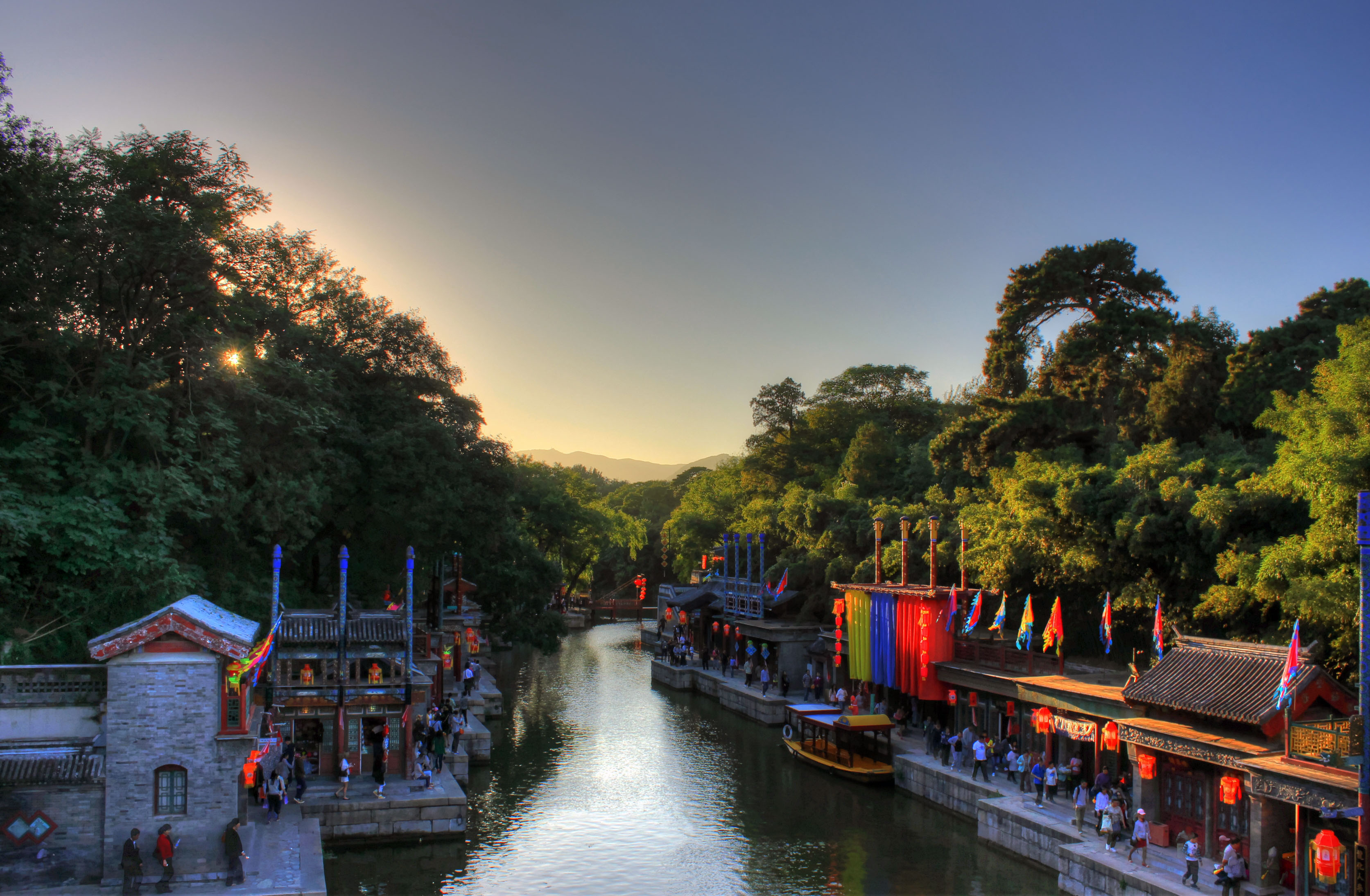
China is sincerely ready for multipolarity. They are ready for the world to be not only China and its interests and values but the West, as well as Russia, the Islamic world, Africa, Latin America. The greater the variety, the better. Its partners in multipolarity can take the initiative to confront Western hegemony – Russia or Islamic countries. China will support them but will try not to get involved directly.
Secondly, China does not apply the tit-for-tat principles of boxing, but the principle of ‘wushu’ – to use the force of the opponent’s strike. Therefore, China is able to wait long and carefully for its moment. Without aggravating the situation, they are seeking compromises and using flexible tactics alongside constant negotiation: China may even support the West so that it does not collapse too quickly and leave China itself buried under its rubble. The Chinese themselves call this a win-win strategy. This may seem like demagogy – how does everybody win? But the Chinese are thorough in their business: all that is, let it be because if something falls or disappears, it affects the rest. Therefore, those who laugh first will sooner or later weep bitterly. China will not find itself in that position.
This tactic is expected to play out not just for several years or decades, but for centuries. Long-term strategy is paramount for China. In the meantime, life president Xi Jinping is building the ‘One Belt One Road’ policy. This means an appeal to the strategy of “moral superiority” – “vandao”, which Chinese politicians oppose to the strategy of “hegemony” (“badao”). True strength consists of a combination of firmness and flexibility, matter and spirit. Therefore, China’s economic, political and even military expansion, alongside the ‘One Belt One Road project’, is thought to be a long-term and gradual process, where the observance of certain moral standards and agreements stays in opposition to the Western style of gross imposition (the ‘we win, you lose, sign here’ style integral to their outlook).
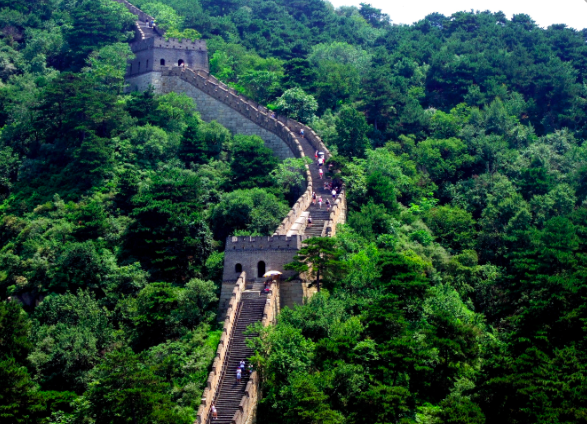
The way the Chinese themselves understand the world is very important. They will hardly be able to convince others that they only bring peace, prosperity and steady growth. They currently lack arguments, an understanding of the “other”, universal formulations and an international interface to make an appeal to the world. But a measured and calm process on the way to triumph obliges them to make an effort to explain themselves, not only in order to find allies, but also in order for different societies and states to relate to them via the same criteria of “moral superiority” and “cultural leadership.”
China is a very powerful and the most important geopolitical pole today. Gradually, this fact has become clear to all politicians. Being an ‘important pole ‘does not automatically mean oppression (as much of the Trump administration thinks) nor does it mean benevolence (as the Chinese themselves would like to believe). It is less a moral question and more of a complex and multi-sided reality that we can no longer ignore.


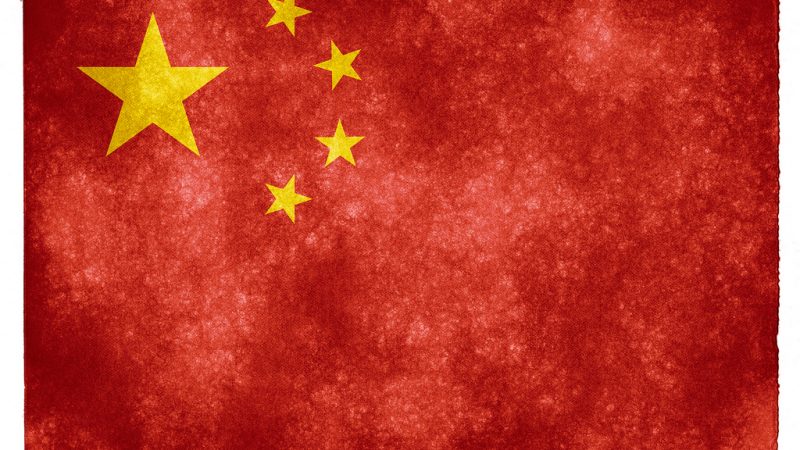

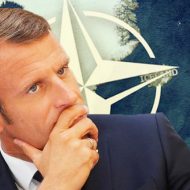



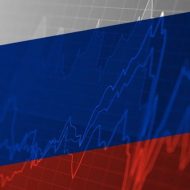
Leave a Reply